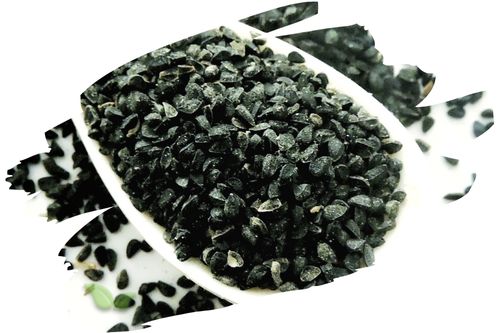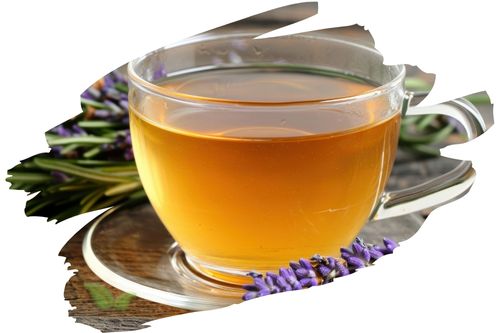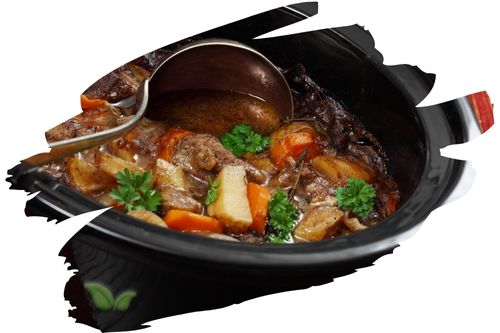
Thai food is a popular cuisine in many countries around the world. It is characterized by a variety of flavors. These include sweetness, sourness, and bitterness. The secret to creating an authentic Thai dish is in balancing the right flavors.
One of the most commonly used ingredients in Thai food is fish sauce. Fish sauce is a fermented mixture of anchovies and salt. The smell of the fish sauce dissipates with cooking.
Another important ingredient in Thai cooking is lime. Lime juice adds a sharp sourness to dishes. Other types of cooking wine are also used to enhance the umami taste. White vinegar is another common way of adding sourness.
In addition to fish sauce and lime, there are other important ingredients to keep in mind when preparing Thai dishes. For example, you should cut your meats in small pieces so that the flavors can coat the pieces well. If you are using shrimp, you should stir it with onions and garlic. This helps to make the meat cook faster and retain its freshness.
You can also use palm sugar to improve the flavor of your Thai dishes. Palm sugar is derived from the sweet sap of a cut flower bud. It is a bit darker in color than sugar and has a more complex taste. However, you can substitute granulated white sugar for palm sugar if you prefer.
Coconut sugar is also a big part of the Thai taste profile. Aside from being a great source of carbohydrates, it adds a very rich and intense caramel-like flavor to your dishes. Many Thai desserts feature coconut sugar as the main ingredient.
Other ingredients to look for are herbs and spices. Common herbs and spices include ginger, cilantro, mint, and chilies. All of these have a distinctive scent and flavor. You can add them to your curry to add flavor and a kick of spice. Fresh coriander has a very pungent aroma. Lemongrass has a citrussy flavor.
There are also a lot of different kinds of sweeteners you can use to enhance the flavor of your Thai dishes. Some of the more common ones include brown crystalline sugar and palm sugar.
Other ingredients you should know are the different types of soy sauce. You can find various kinds of soy sauce in Thailand, and each one has its own distinct taste. As a new cook, you should learn which soy sauce you can use for which type of food. You may want to try a few different kinds to get a feel for what works for your taste.
Depending on your preference, you can serve plain rice with your spicy Thai dishes. Rice noodles are also commonly served with Thai dishes. Khanom chin are Thai rice noodles.
When cooking a Thai dish, remember to leave enough time to prepare it. Thai people usually cut their meats and vegetables in small pieces so that the flavor is preserved.
Another sour food that you may want to try is tamarind. Tamarind is a light green fruit that has a very sour flavor.
Alert: While spices can have many beneficial properties for health, using them for medical purposes should be done under the guidance and supervision of a healthcare professional or specialist. Some spices may interact with medications or cause adverse reactions in certain individuals, and it is important to use them safely and appropriately. If you are considering using spices for a medical condition, it is important to consult with a healthcare professional before doing so.




















































